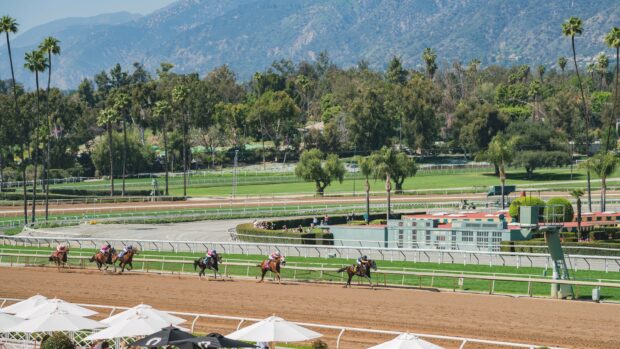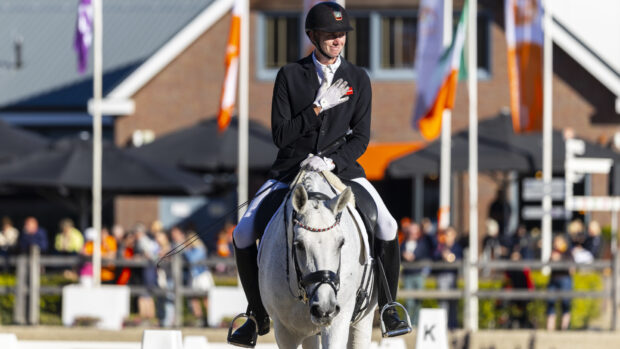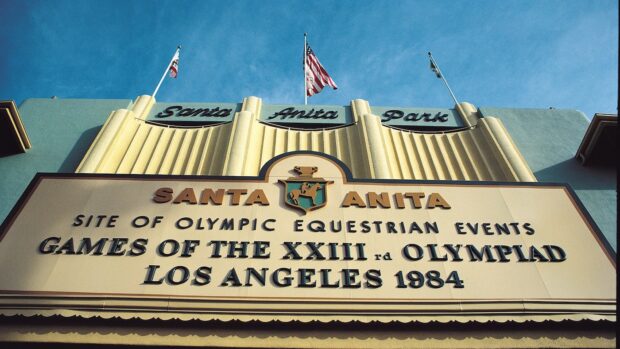With a tally of 11 medals – five gold, five silver and one bronze – the London Games was the most successful Paralympics yet for British riders.
By securing gold for the fifth consecutive Games, Britain’s unbeaten team Paralympic record remains intact.
And it was the first time since the sport was included in the Games that Britain had riders in all five grades and a medal in each section.
But now all eyes are on Rio 2016 – and ensuring that Britain has the equine quality needed to stay competitive in this constantly improving discipline.
“Of course now we look forward to Rio – but we need to have the horsepower,” said Lee Pearson, who hopes to find a successor to his own horse Gentleman.
The standard of horse for para dressage is constantly increasing, with countries such as Germany upping their game – two horses on this year’s German para dressage squad were by the Weltmeyer son Walt Disney.
“Horsepower has just gone up another level,” said team member Sophie Wells. “The rest of the world is so strong and they put so much into it.
“This may be something we need to look at. Other nations are improving and we definitely need to stay ahead of the game and have high-level horses.”
But para dressage team manager David Hunter is confident.
“You just have to look at the success of the British team to see that our horsepower is pretty formidable,” he told H&H. “But there’s no doubt there are strong horses and competition out there and we can’t rest on our laurels.
“Across the board [in all disciplines], the quality of horses is going up and up.
Plus riders are trained to a higher standard and so are more effective.”
He added that a formal review will now take place and they will begin to plan for Rio.
“We will be keeping an eye out for potential horses – and people who might be prepared to own them,” he added.
“These horses aren’t cheap and are not falling off trees. Not only do they have to be competitive, they also have to have a temperament suited to disabilities.”
This news story was first published in the current issue of H&H (13 September 2012)




